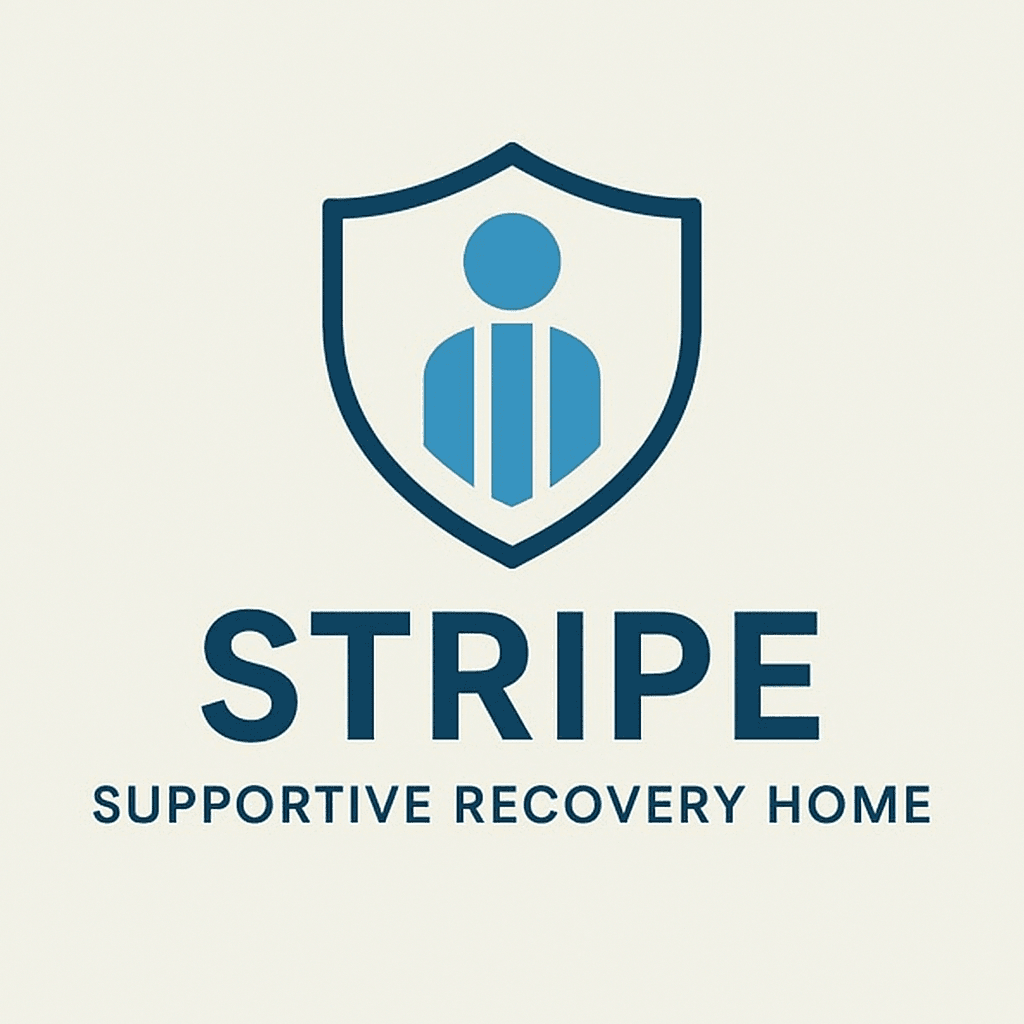The Role of Community in Structured Recovery Living
The Importance of Community in Recovery
Structured recovery living offers individuals a supportive environment to rebuild their lives after addiction or other personal challenges. One of the most crucial elements of this environment is the sense of community that it fosters. Community plays a vital role in helping individuals stay on track and achieve long-term success in their recovery journey.
Being part of a community provides individuals with a sense of belonging and purpose. It helps them realize they are not alone in their struggles and that others have walked similar paths. This shared experience creates a bond that can be incredibly powerful in maintaining motivation and commitment to recovery.

Building Trust and Accountability
A structured recovery community emphasizes trust and accountability. When individuals know they are accountable to others, it encourages them to stay true to their recovery goals. Trust is built through consistent support and encouragement, creating a safe space where individuals can share their experiences without fear of judgment.
Accountability also comes from participating in group activities and meetings, where members can check in with each other and discuss their progress. This consistent interaction helps reinforce positive behaviors and provides a platform for members to learn from each other's successes and challenges.
Shared Experiences and Emotional Support
One of the unique aspects of a recovery community is the shared experiences that bind its members together. These shared experiences offer a level of understanding and empathy that is hard to find outside of such a supportive environment. Members can relate to each other's struggles and triumphs, which fosters emotional support that is both genuine and uplifting.

Emotional support is crucial in recovery, as it helps individuals cope with the emotional ups and downs they may encounter. Having others who understand and empathize with these feelings creates a foundation of support that can be leaned on during difficult times.
Practical Support and Resource Sharing
Beyond emotional support, structured recovery communities often provide practical support and resources that are invaluable to members. This includes access to educational workshops, employment assistance, and housing guidance. By pooling resources and sharing information, community members can help each other navigate the challenges of rebuilding their lives.
Resource sharing not only makes recovery more manageable but also empowers individuals to take control of their circumstances. As members gain new skills and knowledge, they can contribute back to the community, creating a cycle of support and growth.

Fostering Long-Term Connections
The connections made within a recovery community often extend beyond the immediate recovery period. As individuals progress along their paths, these connections can evolve into long-term friendships and mentorships. Such relationships provide continued support and encouragement, which are essential for maintaining sobriety and personal growth.
Long-term connections also strengthen the overall community, as members return to mentor newcomers or offer guidance based on their own experiences. This creates a nurturing environment where everyone contributes to each other's ongoing success.
Conclusion: The Power of Togetherness
In structured recovery living, the role of community cannot be overstated. It provides emotional, practical, and social support that is essential for individuals striving to overcome personal challenges. By fostering trust, accountability, shared experiences, and long-term connections, recovery communities create an environment where individuals can thrive together.
Ultimately, the power of community lies in its ability to bring people together, creating a collective strength that supports everyone on their journey toward recovery and beyond. In this supportive network, individuals find hope, resilience, and the courage to build a brighter future.
